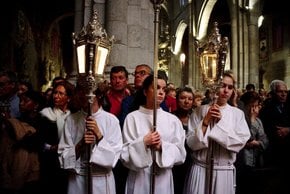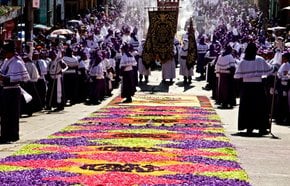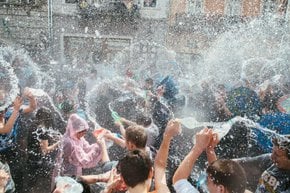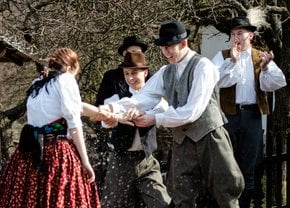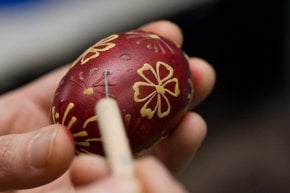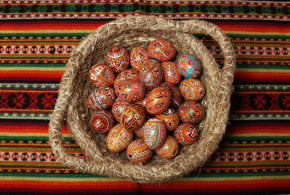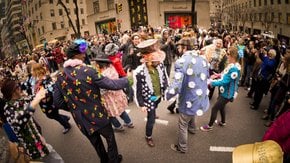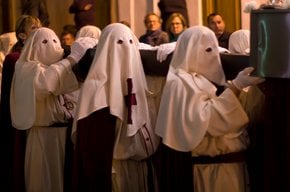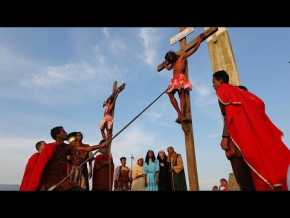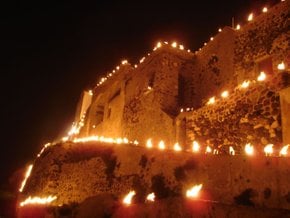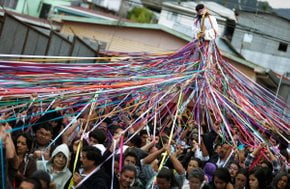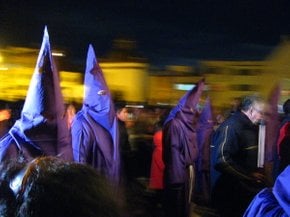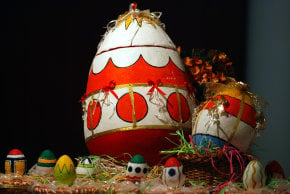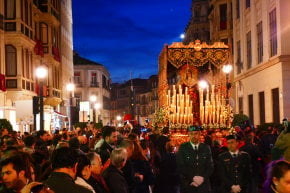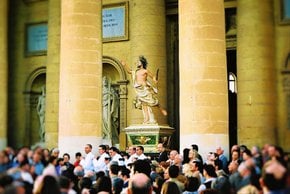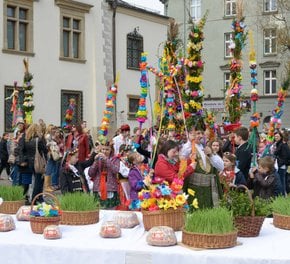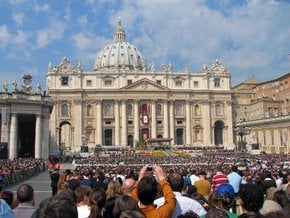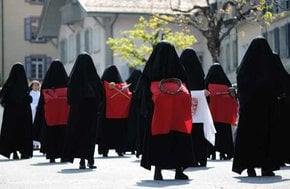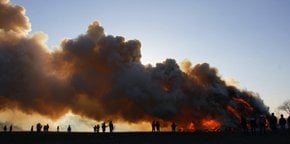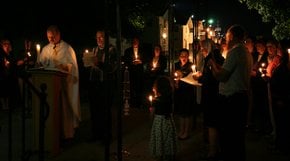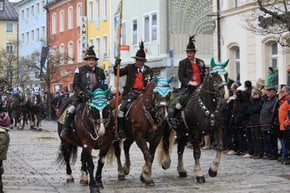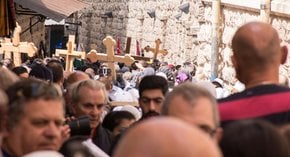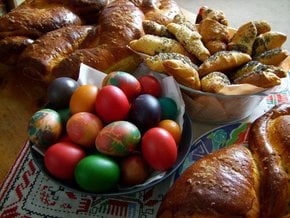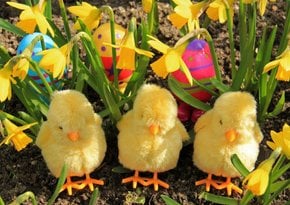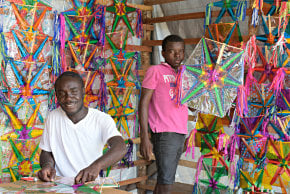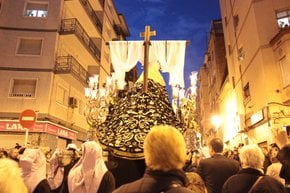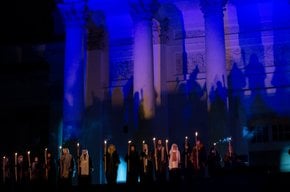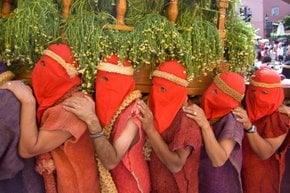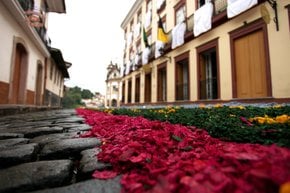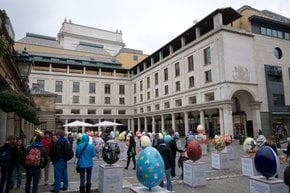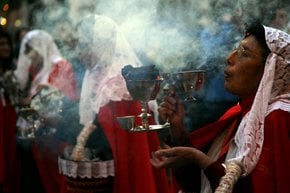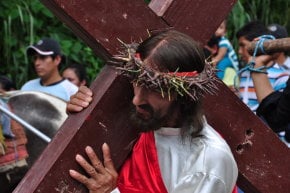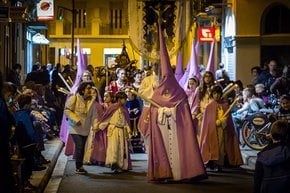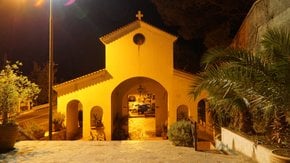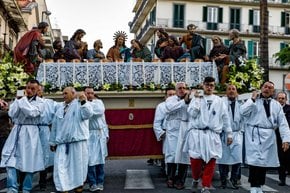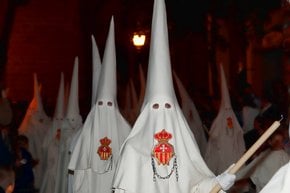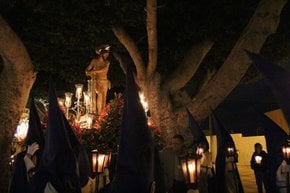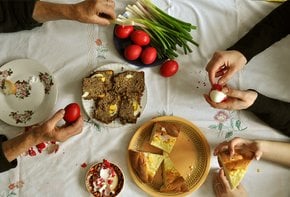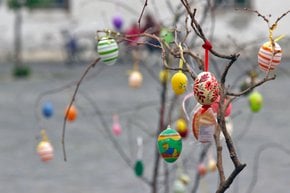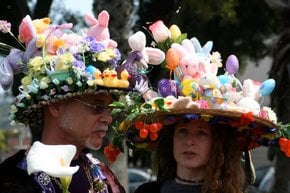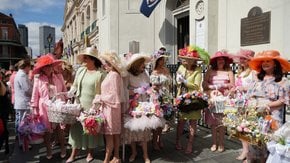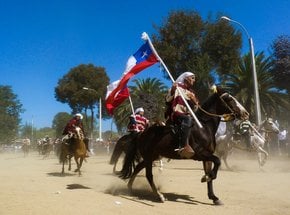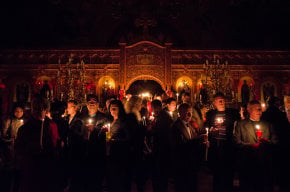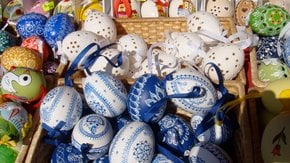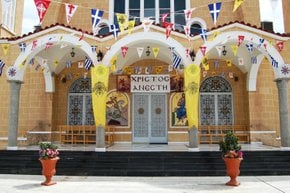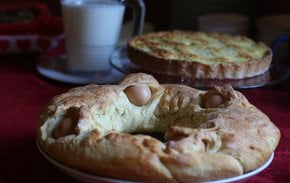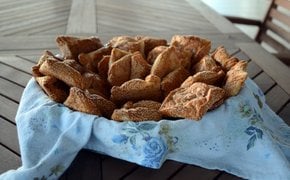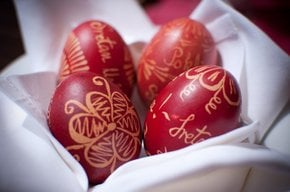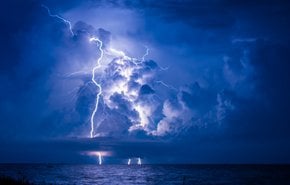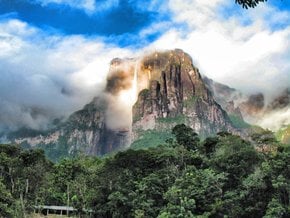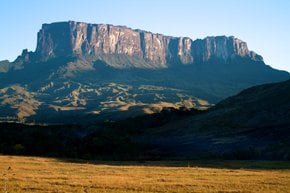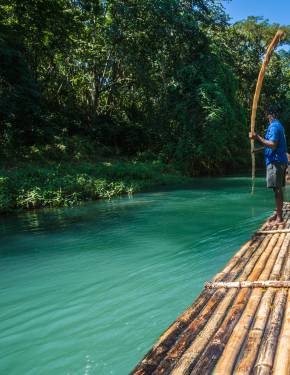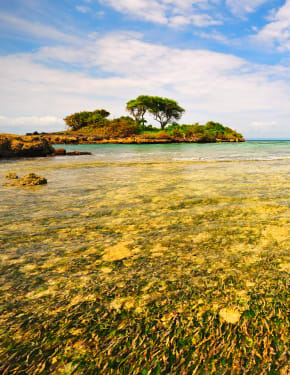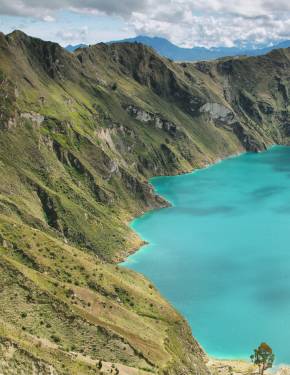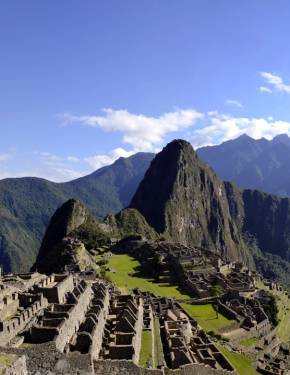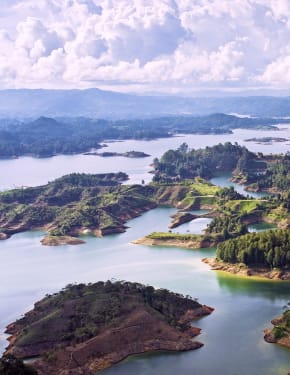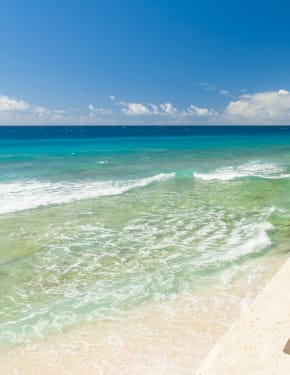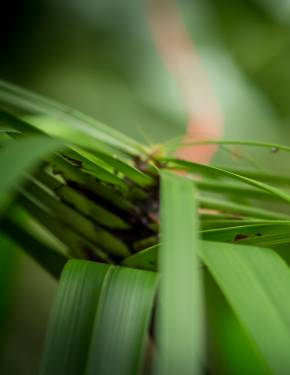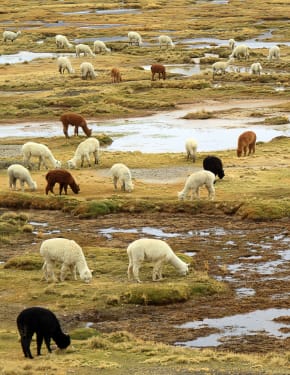Semana Santa (Holy Week) & Easter 2025 in Venezuela
Venezuela's tropical Holy Week celebrations will add spirituality to your vacation
Dates: April 13–20, 2025
Easter and Holy Week are among the most important holidays in Venezuela. Visitors must keep in mind that Venezuelans usually go on vacation for the whole Easter week, so many businesses are closed. As a Catholic country, Venezuala hosts many religious ceremonies and events, however, non-church-goers also enjoy their Easter beak going to the beach or having barbecue parties.
Holy Week Traditions
Festivities in Venezuela begin on Palm Sunday, one week before Easter. On this day, locals take palm leaves to a mass to get a blessing. Crosses are also made out of palm leaves.
One of the oldest Venezuelan tradition is Los Palmeros de Chacao, an ancient Venezuelan brotherhood that dates back to the 18th century, when yellow fever epidemic in Caracas killed half of the population. Local priest José Antonio Mohedano asked God for mercy and promised that before each Holy Week they would go up El Ávila mountain to search for royal palms to evoke the biblical passage of Jesus' entry into Jerusalem. This tradition still lives on!
Easter Processions
Religious processions take place near the largest churches. In Caracas, Basílica de Santa Teresa is one of the most popular places of worship. The image of Nazarene de San Pablo, preserved in this church, attracts a large number of believers.
In some areas, locals engage in the Burning of Judas, making a figurine and then lighting it up on the streets. Usually that ritual occurs on the night of Easter Sunday.
On Good Wednesday, devotees gather near Basílica de Santa Teresa and carry the Nazarene de San Pablo on their shoulders through Caracas streets. Another procession, featuring Jesus' passions reenactments, takes place on Holy Friday. After the crucifixion, Jesus' body is carried through the city. Many participants of the procession are wearing traditional purple robes.
Nazarenos (Penitentes) wear long cone-shaped capirotes during the whole Holy Week up to Holy Sunday. It is believed that wearing capirotes will bring forgiveness for the sins. The long shape allows people to be closer to the heavens, and hiding a face helps to mourn the suffering of Jesus Christ.
An open-air mass is held in the city at about 4 pm. Afterward, many devotees join the Stations of the Cross procession. Over a dozen stations dedicated to different events from the Bible are located throughout the city.
Easter Food
In each area of Venezuela, certain traditional dishes are cooked for Holy Week. Many families make pernil (roasted pork), cod stew, rice, black beans, and different desserts, like Quesillo (flan). It's common to drink sweet Venezuelan liquor ponche crema. Venezuelans make a lot of cocnut-based desserts, like Bien Me Sabe (coconut cream cake). An interesting game played by Venezuelans on Easter Sunday also involves coconuts. Two people press coconuts against each other, trying to break them.




